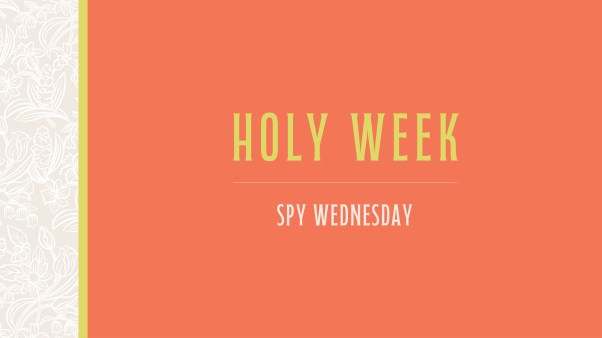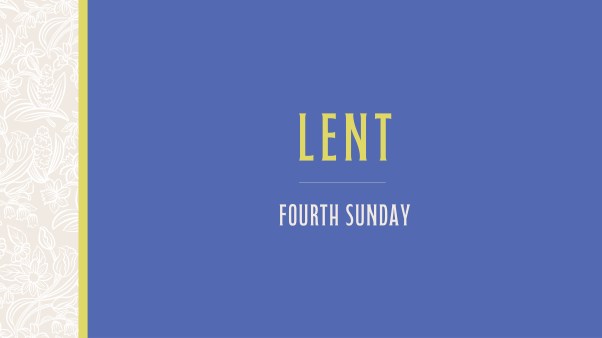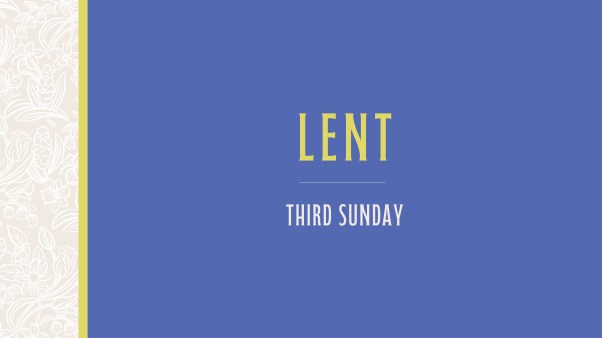This piece was adapted from Russell Moore’s newsletter. Subscribe here.
We are so accustomed to seeing every public argument as a cage fight that it can be genuinely surprising to see a mind changing in the course of a conversation. On The Joe Rogan Experience last week, songwriter Bono laid out for Rogan the very human results of the Trump administration’s drastic spending cuts that will put an end to one government program that has actually worked: that of saving people in Africa from dying with AIDS. Rogan seemed convinced—even concerned.
We all ought to be, especially American evangelical Christians.
Bono, of course, has been an advocate for PEPFAR, the President’s Emergency Plan for AIDS Relief, since it was first developed in the George W. Bush administration. His argument to Rogan was—like his earlier work on this—bipartisan and balanced. He acknowledged that some foreign-aid programs have been badly managed and should be cut. But he also explained how recent cuts to PEPFAR and similar initiatives are shortsighted and will cost massive numbers of human lives.
Bono cited, among other things, the work of my Christianity Today colleague Emily Belz on what’s happening on the ground right now.
In a recent panel appearance, David Brooks argued that researchers at Boston University estimate that 55,000 adults and 6,000 children have died in just the four months since the dismantling of PEPFAR began. When you add to that the other disease-curing measures suspended by these cuts, the total reaches 300,000 deaths.
And Brooks’s New York Times colleague Nicholas Kristof reported from South Sudan with names and faces of specific people who have died or lost loved ones. He writes of Evan Anzoo, a five-year-old boy who was born with HIV. Through PEPFAR, this little boy was kept alive with antiretroviral medicines that Kristof notes cost “less than 12 cents a day.” After the freeze on aid, the medicines ended, and Evan died of an opportunistic pneumonia infection.
“How could a 5-year-old orphan possibly obtain medicine on his own?” Kristof asks.
Kristof also gives the image and name of an eight-year-old girl named Achol Deng, who died in similar fashion when the government freeze left her without antiretroviral medicines.
And evangelical Christian journalist Mindy Belz (Emily’s mother) witnessed to the “Coffin Row” she once saw in Malawi, the result of the staggeringly high death rate there from HIV/AIDS. She compared it to the scene now in a warehouse in Kenya where millions of antiretrovirals sit unused by order of the State Department. Belz cites the consensus of global experts that these cuts will result in 1.6 million deaths just in one year.
1.6 million deaths.
The horror of all this is magnified by its pointlessness. This does not bring down the budget deficit or the national debt, which is constantly reaching new heights. Meanwhile, it hurts American geopolitical interests around the world, leaving a void to be filled by China or some other rival. And the human tragedy involved ought to be especially poignant for American evangelical Christians, in every aspect of that phrase.
Let’s start with American. When Americans think of United States foreign policy over the past half century, often they think of negative images of moral or strategic failure: South Vietnamese people clamoring to get on helicopters that would leave them defenseless or Afghans who stood with the United States in a 20-year-old war only to be, along with some Americans, abandoned to the Taliban.
We think of these things partly, of course, due to negativity bias. No one sees the disasters that did not happen because of American global leadership—most notably, of course, a nuclear war with the Soviet Union. PEPFAR, though, was an immediately understandable example of something America did indisputably right. Not only was the cause unquestionably just; the execution of it was effective.
Now think about the evangelical part of this equation. The coalition backing PEPFAR has spanned the gamut, from Bono to Bush to right-wing North Carolina senator Jesse Helms, a Southern Baptist notorious for his hard-line segregationist racial stances.
One of the initial pioneers of the idea behind this project was my late friend Michael Gerson, an evangelical Christian and Wheaton College graduate. He was influenced by the moral example of evangelical revivalists who led the cause of the abolition of the slave trade in England and of slavery itself in the United States. The PEPFAR coalition came together and held not in spite of evangelical convictions but, for many key figures like Gerson, because of them.
When people suggest that evangelical Christianity is only about keeping the status quo for the powerful, about maintaining white supremacy or militarism or patriarchy or whatever, many of us have disagreed strongly, and we still do. We have said that evangelical Christianity has often failed to live up to its own gospel and its own morality—but also that often it has. PEPFAR is one example of this.
And most importantly, think of the word Christian. As I’ve argued here a thousand times before, the gospel does not come with a political policy blueprint. But our policy should certainly be shaped by those whose consciences are made alive to what is just and right (Luke 3:13–19). Perhaps there’s a better way than PEPFAR to save the lives of children and adults with AIDS and other deadly diseases. Maybe there’s an 11-cent solution instead of a 12-cent one. If so, let it be proposed and debated.
What’s happening now, though, isn’t that. It’s the denial, first, that vulnerable people are dying at all. But most of all it’s the ignoring of the whole matter. Christians in the Global South—where the gospel is spreading fastest in the world—see what is happening, but it is easy for North American Christians just to pretend people like little Evan aren’t there at all.
One Christian—a nonpolitical sort—told me that he had asked for prayer in his church’s weekly prayer gathering for those with AIDS who are in jeopardy due to these cuts. He made no further comment about them. Yet he was told that he should keep the “political speeches” out of prayer. “How is praying for ‘orphans and widows in their distress’ [James 1:27] a political speech?” he asked. If it is, what does that say about our politics? Or our prayers?
We Christians know that the values of human rights and care for the suffering that the secular world embraces didn’t come from Enlightenment atheism but from ideals first proposed by Christianity itself—a Christianity at odds with the pagan world in saying that the powerful should care about the vulnerable, that every person ought to matter. If we are right about that—and I think we are—we should speak up for our own legacy.
Above all, though, we should remember our own Bible. Those dying right now—those who will die over the next year—matter. As Americans, as evangelicals, as Christians, we ought not to leave them behind. Joe Rogan can see that. So should we.
Russell Moore is the editor in chief at Christianity Today and leads its Public Theology Project.




















